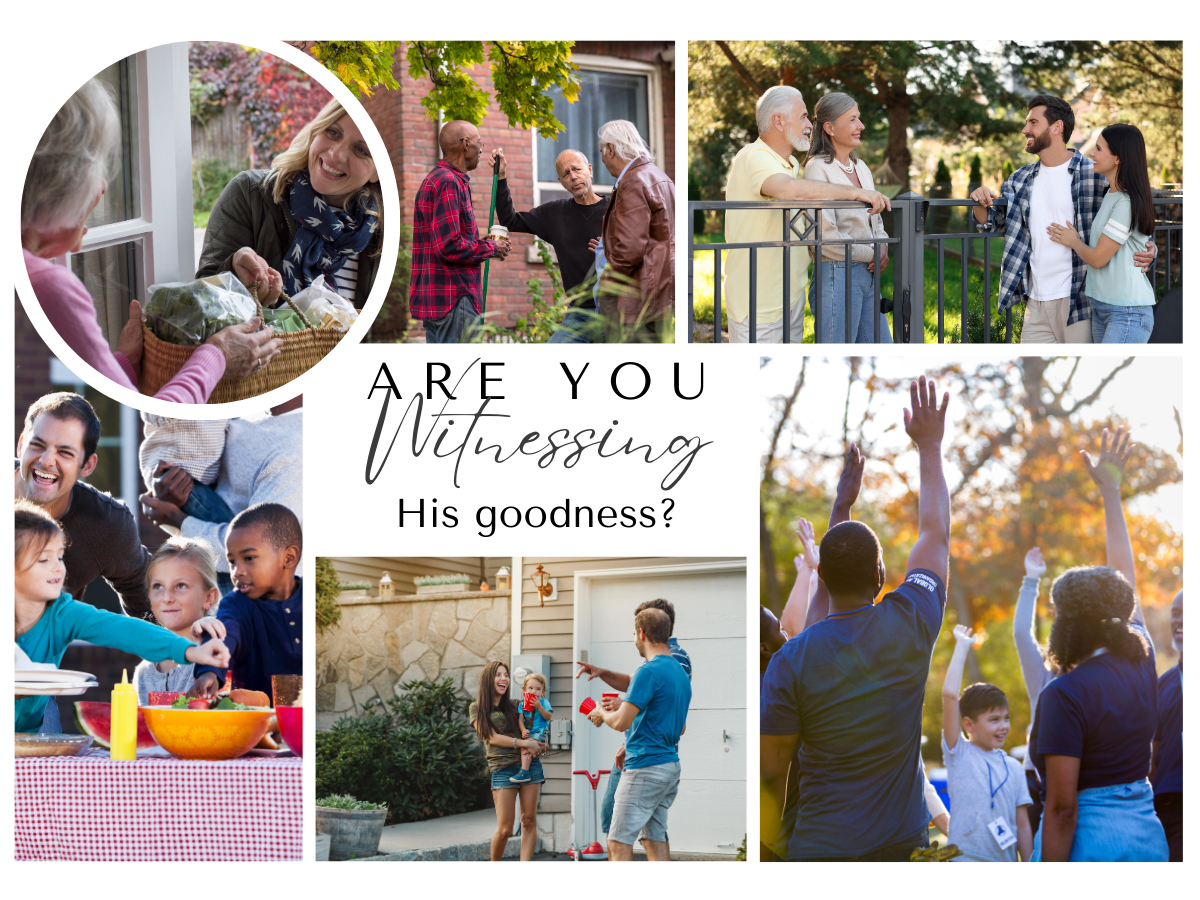In these days of fake news, half-truths, misinformation and information saturation I want to be a person whose words and actions are salt and light. I want to be able to share what I witnessed and for those around me to know that my witness is true.
In the same way, let your light shine before others, so that they may see your good works and give glory to your Father who is in heaven. Matthew 5:16 ESV
In both a Christian context and a secular context a witness is someone who brings testimony. In a courtroom setting a judge or jury will need to discern whether the witness who is sharing with them is truthful or not, that way they can confidently use the information provided to make an informed decision about whatever they are judging.
I believe that as followers of Christ this same theory is valid, and perhaps it’s even more relevant for us, especially when we are interacting with people who are yet to know God, which is why I want to share a few ways I believe we can establish ourselves as reliable witnesses.
If we are going to advocate for God and share what he has done for us then it’s important that we honour Christ in all we do and be prepared to gently answer anyone who might ask us questions (1 Peter 3:15).
Honouring God means both speaking and behaving in a way that aligns with Him. I can’t be a reliable witness if I advocate for others to live in a way that I don’t actively live myself. Essentially, I need to practice what I preach.
To be a good witness I must be confident and certain of what I have seen and heard (Romans 1:16) and share that knowledge in a way that reflects that, not allowing myself to be gaslit* or to question what I know, while also respecting the life and experiences of the person I am interacting with.
If I am embarrassed or ashamed about what I am witnessing about God people will understandably question the validity of my testimony. But if I share my testimony with certainty about what I have seen, heard, or experienced, even if my testimony is questioned I will be able to stand by what I know to be true making the truth far more difficult to be disregarded.
If we live our lives in a way that consistently honours God and shares His truth I believe we will ultimately turn those around us into witnesses who will speak on our behalf, they will testify to who we are, further validating the truth of God that we are sharing.
Multiple places in the Bible instruct us to bring with us two or three witnesses when we are making claims (Matthew 18:16, Deuteronomy 19:15, 2 Corinthians 13:1) and while having witnesses from among our Christian family and community is powerful, I see profound value in the testimony that has been shared and witnessed by someone who is yet to commit to God.
In an ‘us’ and ‘them’ culture, providing ‘them’ an opportunity to advocate to their people on our behalf can provide more weight to what we are saying than if we were to say it on our own. The people we witness to, our neighbours, friends, co-workers and family, are all proven within their own circles, which means their testimony is accepted more easily with the people they know.
When people ask about us or question us about what we believe and they are present they can, and often will share about their own experiences with us. If we have consistently followed God, treating them how He treats us, acknowledging Him in our lives, it is likely they will share that with others, which not only allows us to witness, but often ends up with them becoming witnesses too.
As I navigate this week it is my intention that I will live in a way that establishes me as God’s, that way, even without speaking a single word, I can witness to His goodness, and His truth will grow in power and strength.
Karla
*gaslit = to cause (a person) to doubt their judgment, memory, or sanity through the use of psychological manipulation.

